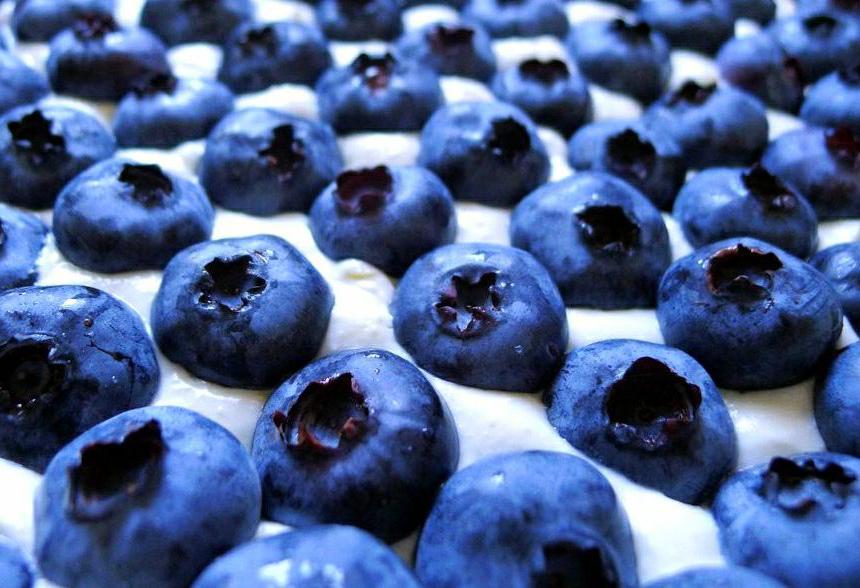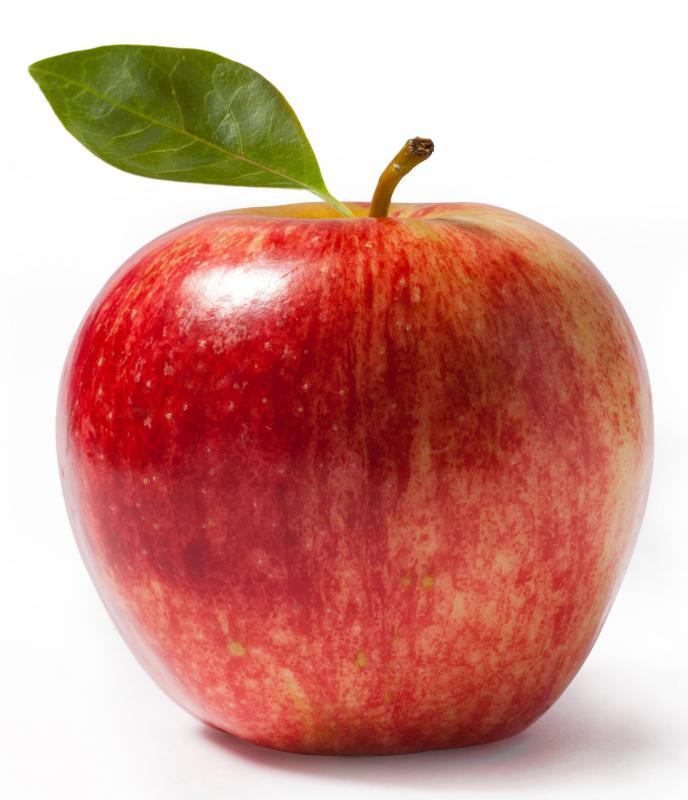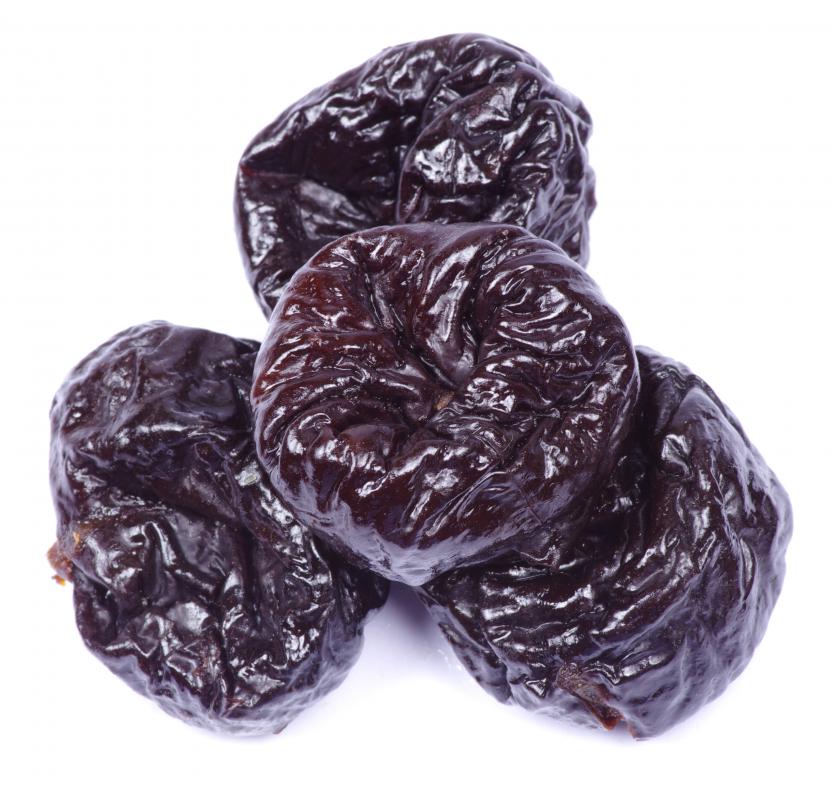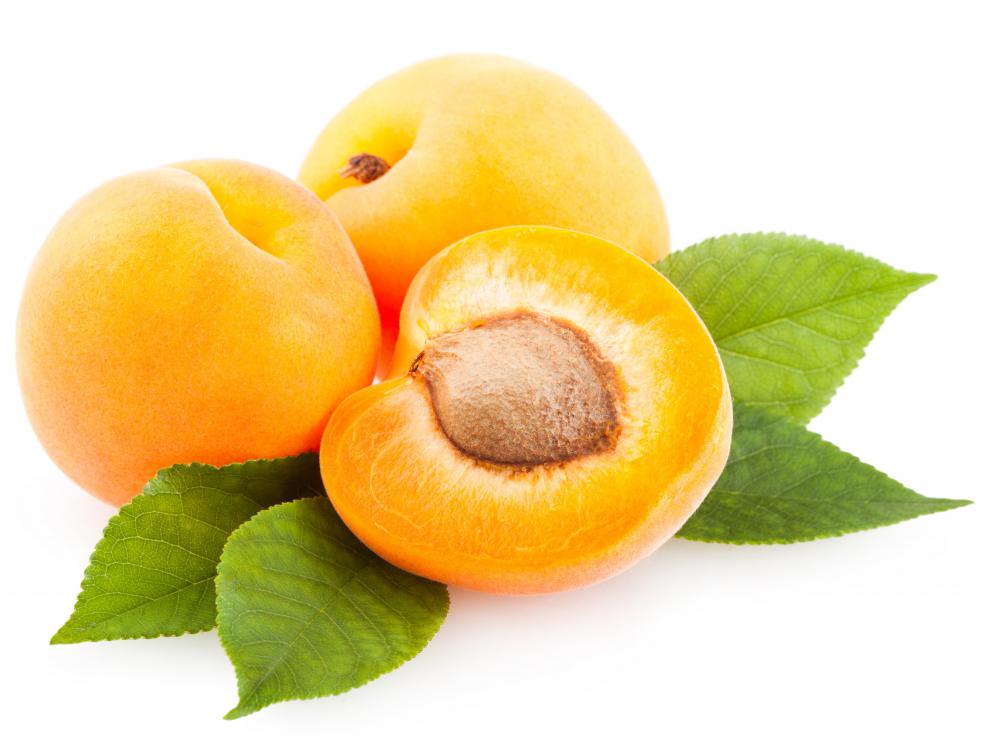At WiseGEEK, we're committed to delivering accurate, trustworthy information. Our expert-authored content is rigorously fact-checked and sourced from credible authorities. Discover how we uphold the highest standards in providing you with reliable knowledge.
What are Some Low Sugar Fruits?
A product of nature itself, full of important vitamins and nutrients, fruit plays an integral role in the composition of a healthy diet. While fruits are rich in nutrients, many are also dense with carbohydrates and high in sugar. Health conscious people are often surprised that fruit, despite being all natural, can actually hurt a person’s ability to maintain a healthy weight, and, in the case of people with blood sugar imbalances like diabetes, be detrimental to the regulation of desirable glucose levels. There are, however, many low sugar fruits that maintain a high nutritional value.
Apples. In addition to being low in sugar, apples also contain vitamin C and are an excellent source of pectin. This is a soluble fiber that facilitates the elimination of toxins from the body and aids in management of cholesterol levels.

Berries. Blackberries, raspberries, strawberries, and blueberries are all low sugar fruits. As a bonus, blackberries and blueberries, in particular, have been recognized as abundant sources of antioxidants that help reduce the risk of certain types of cancer. Compared to other types of fruit, berries are also low in carbohydrates per serving.
Grapefruit. The bright red and pink hues common to this fruit come from lycopene, a powerful antioxidant. As a member of the citrus family, grapefruit is packed with natural vitamin C, another antioxidant which not only helps prevent cancer but boosts the immune system against infection and colds.
Kiwi. This small green fruit not only supplies vitamin C, but the essential mineral potassium as well. Actinidin, a type of digestive enzyme also resides in kiwifruit, helping the body efficiently extract the nutrients from food.
Nectarines. Sweet and delicious, nectarines are low in sugar while offering a generous serving of vitamin C. Nectarines also have beta-carotene, a natural source of vitamin A, which is beneficial to maintaining strong bones and good vision.
Peaches. Similar to nectarines, peaches offer the dual benefit of vitamin C and beta-carotene. Peaches also provide modest amounts of iron and potassium.
Pears. Succulent, with a creamy texture and moderate in sugar content, pears, like apples, contain the soluble fiber pectin. Enjoying a pear also provides a person with potassium, recently found to help reduce hypertension.

Plums. A versatile fruit that is enjoyed fresh, baked in pastries, or dried in the form of prunes, plums deliver both vitamin A and C. Recently, studies have indicated that plums enhance the body's ability to absorb iron, which is good news for people suffering deficiencies in this vital mineral.
When incorporating fruit into the diet, people should be mindful of the fact that the carbohydrates in fruit will also metabolize as sugar. If a fruit is high in carbohydrates, the person who eats it should factor this in when determining the optimal portion size and type of fruit appropriate for his or her dietary goals. Low sugar fruits aren't necessarily low in carbohydrates. Fortunately, the type of carbohydrates in fruit fall under the category of complex carbohydrates, deriving in large part from the natural fiber inherent in the flesh and skin. Even though the fruit carbs metabolize as sugar, they tend to do so at a much slower rate in comparison to the simple carbohydrates found in many processed foods.
AS FEATURED ON:
AS FEATURED ON:



















Discussion Comments
I see that bananas didn't make the list. That's too bad, because I eat one every day for breakfast, and I'm on a low fat, low sugar diet.
I eat them because they prevent me from getting painful leg cramps. They are high in potassium, and they are my main source of it.
Sadly, I've been having trouble losing weight. I hope the sugary banana isn't to blame, because I don't think I can stop eating them. I will have to find another way to cut more sugar from my diet, because I can't live with those leg cramps.
@kylee07drg – Lots of these fruits are often incorporated into dishes that are very sugary, so for me, it's a surprise when I eat them alone and find that they are in fact very tart. If you eat them in their natural state, they can be really good low fat, low sugar desserts.
My grandmother makes an excellent blackberry cobbler, but it is so sweet that for years, I thought blackberries were full of sugar. She also makes a wonderful sweet apple pie, so I thought the same of apples.
After I ate a blackberry straight off the vine and an apple straight from the tree for the first time, I believe I actually spit both out because of the shock. I really thought that blackberries should taste like cobbler, and apples should taste like pie!
I would not have imagined that kiwis and pears would work well in a low sugar diet. Both are so sweet, it's hard to fathom that they are low in sugar.
I can understand grapefruits having lower sugar content. They taste so bitter that I can't stand to eat them!
I also see how nectarines fit this category, because they generally are more tart than sweet. It's good to know that some sweet tasting fruits are deceptively not so sugary!
Many of the fruits listed in this article are some of the most delicious foods low in sugar and carbs that you can eat. I have to say that out of all of them, berries are my favorite.
I have these blackberry bushes in my yard that produce the largest, most flavorful fruit. I love knowing that I can eat as many of them as I want without worrying about gaining weight.
Fresh strawberries are wonderful, too. I love putting blueberries in oatmeal or on top of a bowl of whole grain cereal for breakfast. They are so high in antioxidants that I feel really good about eating them.
Oasis11- Good point about the glycemic index. I try to stay away from fruit that has high sugar content like bananas or watermelon.
While these fruits do have nutritional value, once I start eating foods high in sugar I feel like I crave them more. I try to stick to apples and blueberries instead.
Excellent article- Another way to measure which fruits are low in sugar is by using the glycemic index. The glycemic index offers a numerical value for fruit based on the level of sugar released into the blood stream.
The lower the number on the index, the less sugar the fruit has. For example, cherries have a glycemic index of 22, followed by grapefruits at 25 and apples at 38. Pears have a glycemic index of 38, while plums have an index of 39. The glycemic index was once thought to be a tool reserved for diabetics, but no longer.
The glycemic index is getting more and more attention and is helping people make better food selections. Many popular diets today are based on the glycemic index.
Post your comments